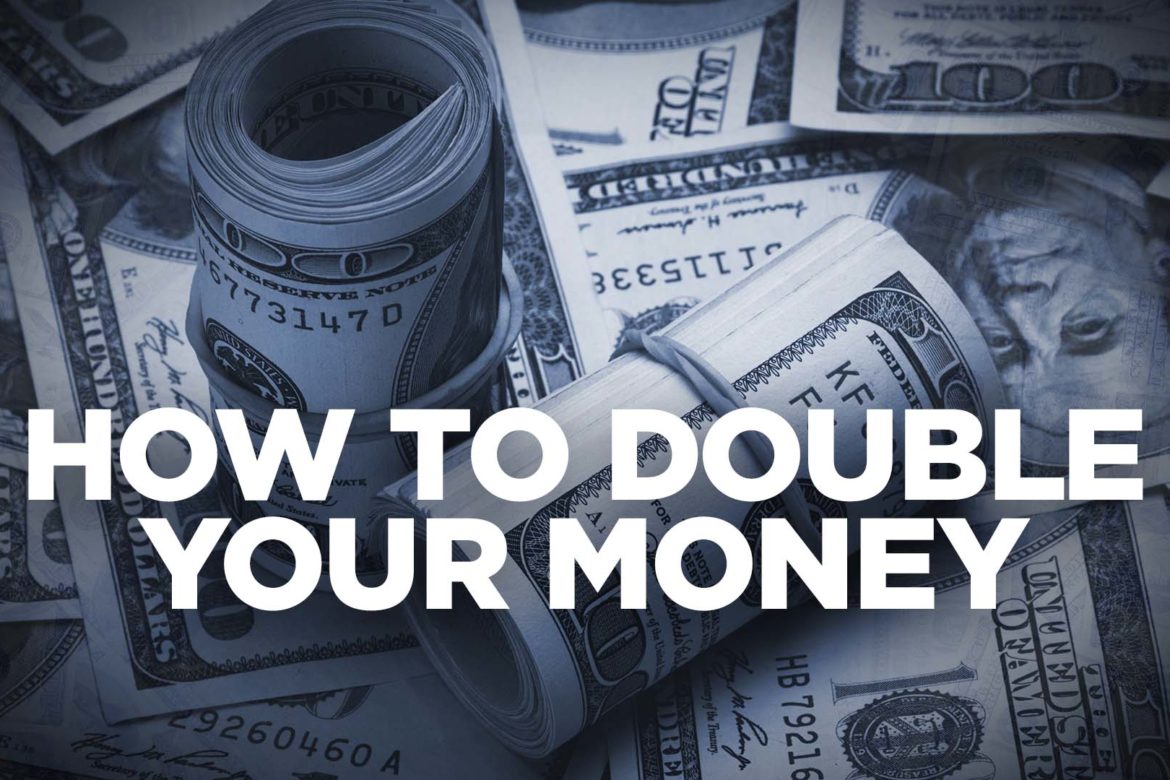Want to turn £1 into £300? Invest in equities. Want to turn £1 into £22,000? Reinvest dividends – such is the power of compound interest.
These figures aren’t plucked from thin air – they represent the movement of the US stock market in the 20th century. Albert Einstein called compound interest the eighth wonder of the world – saying: “He who understands it, earns it, he who doesn’t, pays it.”
Warren Buffett, the sage of Omaha himself described investing to Forbes magazine as “forgoing consumption now in order to have the ability to consume more at a later date”. Compounding interest is when you pay dividends back into the capital sum, allowing that capital sum to grow and in turn the dividends will grow too. These larger dividend payments are invested back in to the pot, and the process repeats itself. Reinvested dividends have been the single biggest driver of equity returns in the UK, the US and Europe over the long-term.
If you want to double your money in half the time, you cannot simply rely on returns from investing in local cash deposit accounts. You have to invest in the open financial markets and purchase good quality stocks. Some Private Investors who are actively investing in the stock market tend to forget or overlook that income-oriented strategies can also be a source of capital growth. Dividend-paying stocks benefit from the compounding effect that occurs over the life of the investment, which explains why dividend-paying stocks tend to outperform.
Dividends can also help act as a barometer to a company’s financial health. Simply put – if a business has enough cash on its books to reward shareholders it probably means it has low debt levels and is in good shape. Take HSBC Bank PLC for example. You can purchase HSBC PLC Shares today on the London Stock Exchange for £5.18 per share. HSBC PLC in turn are paying shareholders an annual dividend return of 6.97% GBP. Alternatively if you held an HSBC Bank savings account, the interest you would earn in a year would be less than half of the dividend HSBC is paying to shareholders in way of dividend payments.
In times of low interest rates this method is not fail safe however as many large corporations are loading their books with cheap debt to boost dividend payments. In emerging markets where corporate governance is not as prevalent as in developed markets, dividends also indicate that the company’s interests are in line with shareholders’.
Inflation Proof Your Portfolio
Dividends not only maximise your growth potential, they help protect your portfolio from the erosive nature of inflation, this is a particular issue for savings account holders in Turkey, where inflation tends to run high with the weakening of Turkish Lira. Equity income should provide a level of protection against inflation. While quantitative easing remains a prominent feature in many leading economies, we think that inflation poses a risk to investors no matter where they reside. While income returns on traditional assets such as government bonds and cash deposits remain low, and in many cases are below the rate of inflation a well-managed equity income strategy which offers both stability and shield against inflation should be an attractive option for investors with long-term horizons.
If you would like to receive more information on how you can double your money and increase your future purchasing power, Contact us here






